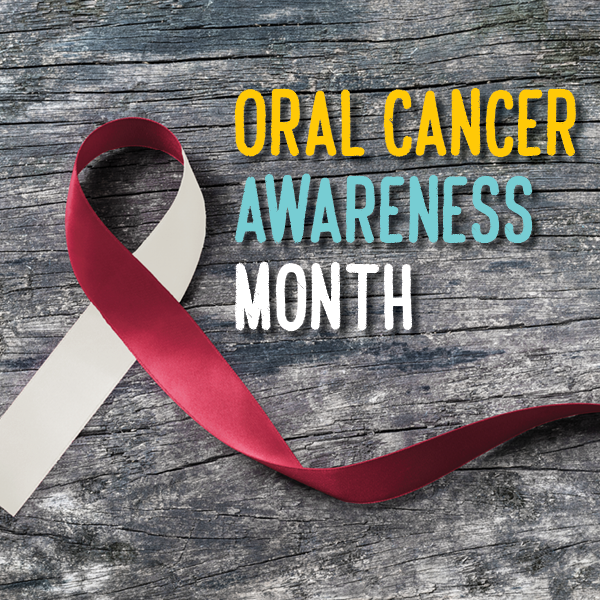
Your dentist in Middletown always wants what’s best for you and your smile. That’s why if there’s something you’re concerned about, we hope you’ll take the time to talk to us. One of the biggest questions we seem to get from time to time is about snoring and how it affects our teeth. The truth is that this is an excellent question and we’re happy to break it down for you in this latest blog post. Read on, enjoy, and don’t hesitate to ask questions when we’re done.
There Could Be More to Your Snoring Than You Think
Wrap your head around this fact: The American Sleep Apnea Association estimates that almost 90 million Americans are struggling with unruly snoring every time their head touches the pillow. This isn’t good for you or your bed partner! Sometimes snoring is just that: snoring. But in some cases, snoring is attributed to a serious condition called sleep apnea. One of the craziest things about this issue is, so many people have it and are losing sleep over it every single night, but don’t even know it!
Some of the most common signs of sleep apnea related snoring are:
- Dry mouth
- Sleepiness throughout the day
- Night sweats
- Choking
- Gasping for air
- Sudden awakenings where you have to restart breathing
- Falling asleep at unwanted times
Understanding Sleep Apnea
It’s important to understand that if you or someone you know thinks sleep apnea may be to blame for their snoring, that there’s a safe, personalized solution for everyone that can help you get the restful night’s sleep you need and deserve.
Sleep apnea is usually classified into two distinctively different ways:
1) Obstructive Sleep Apnea (OSA) – This is, by far, the most common form of sleep apnea being diagnosed across the country today. At our dental office in Middletown, we’ll always tell you to seek help if you or someone in your family continues to have issues with snoring. If you or someone in your household is diagnosed with sleep apnea, it’s usually caused by a blocked airflow during sleep due to your soft tissue collapsing in the back of your throat.
2) Central Sleep Apnea – This type of sleep apnea is more difficult to diagnose because it involves a specific problem with how your brain signals your breathing muscles to respond. Unlike OSA, your airway isn’t blocked in this case; it’s your brain that fails to signal your muscles to breathe.
Snoring and Your Smile
There’s no doubt snoring affects your oral health. It mainly has to do with dry mouth and the lack of saliva that’s no longer present when your mouth stays open for long periods of time. Your teeth can be subject to decay and deterioration because your mouth loses the ability to wash away harmful bacteria, acids, and plaque. This means your teeth could be susceptible to enamel erosion and foul odor.
We always hope you’ll feel comfortable discussing both your oral and overall health concerns with the talented team at our Middletown dental office. If you think your snoring is becoming out of control and you’re worried about your smile, please don’t hesitate to talk to us. Together, we can get you the help you need and keep your teeth protected and healthy enough to last a lifetime.
We have three dental offices in Middletown, Kettering, and West Chester.


 Review Us
Review Us Review Us
Review Us







